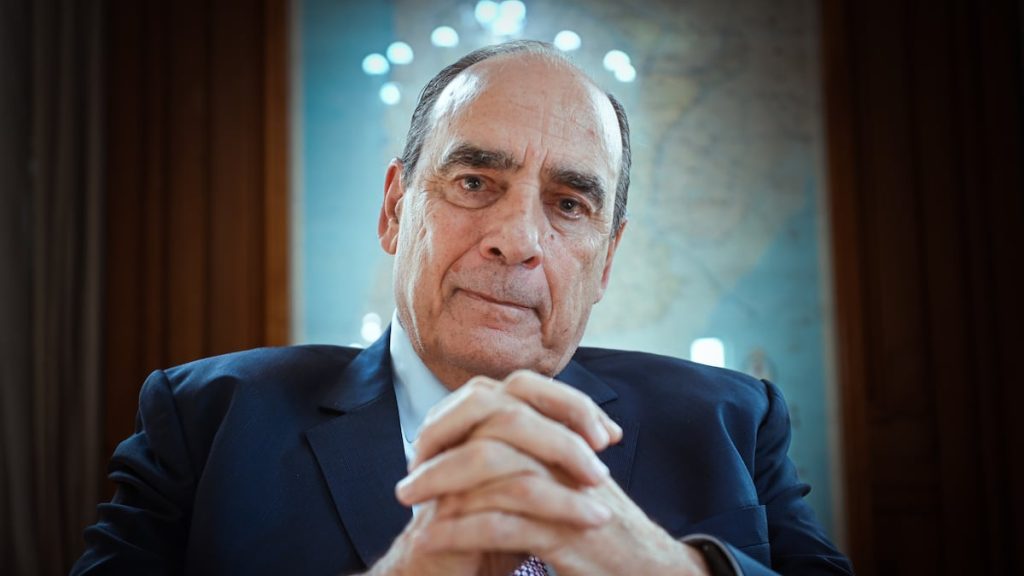Guillermo Francos, an Argentine politician, has been sworn in as Chief of Ministers in a government led by the far-right ultranationalist Javier Milei. Francos’ role is to provide political direction to Milei’s administration, which aims to dismantle what they see as a “criminal” state. In a recent interview, Francos discussed the challenges faced by the government in its first six months, the president’s reelection plans, the conflict with Spain, and the economic adjustments being made. One issue that particularly agitates him is the measurement of poverty in Argentina.
When asked about the increase in poverty during Milei’s presidency, Francos expressed skepticism about official poverty statistics, arguing that not everyone in Argentina is living in poverty. He highlighted the government’s efforts to address inflation, which has seen a significant decrease in recent months. However, he also acknowledged the challenges faced in enacting legislative reforms due to the government’s minority position in Congress.
Francos outlined his priorities as Chief of Ministers, with a focus on coordinating ministries to address the economic and social crisis in Argentina, attracting investments, and generating economic activity. He emphasized the importance of passing the “Ley Bases,” a key legislative proposal aimed at addressing economic issues. He also discussed the challenges faced by the government in managing its relationship with the markets and the need for pension reform.
Regarding foreign relations, Francos addressed the strained relationship with Spain, emphasizing the importance of investments in Argentina regardless of political tensions. He also discussed President Milei’s upcoming trip to Spain and his involvement in international events. Francos highlighted the potential for economic and social development in Argentina by looking at successful models in other countries, such as the United States, Uruguay, Chile, and Ireland.
In conclusion, Guillermo Francos, as the new Chief of Ministers in the Argentine government, faces significant challenges in navigating the political landscape and addressing the country’s economic and social issues. His role involves providing political direction to a government led by the controversial President Milei, with a focus on addressing poverty, inflation, and attracting investments. Despite challenges, Francos remains optimistic about the government’s ability to enact legislative reforms and improve the country’s economic outlook.














